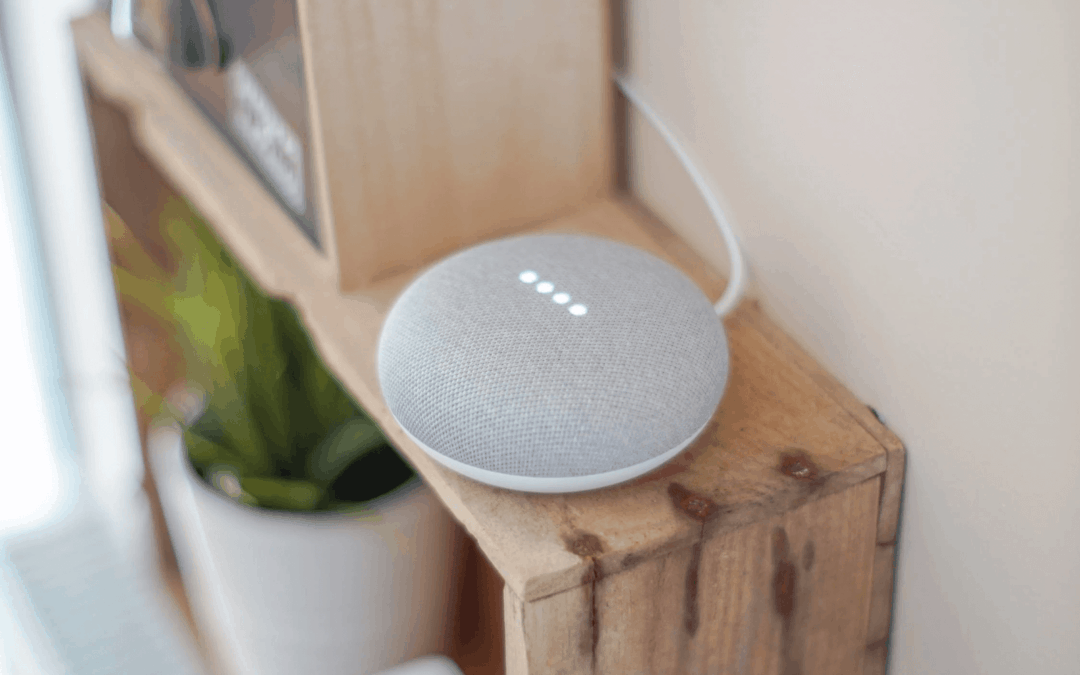Forgot to check if you’re running low on food? Don’t worry, your fridge has you covered. Not at home but there’s someone at the door? The doorbell is on it. Been away for the weekend and left the house in the dark? Your lights know what to do.
A self-sufficient home – one that knows exactly what to do and how to run itself with just a few clever apps on your phone and simple taps of your finger. It’s what we know as a Smart Home. Artificial Intelligence (AI) is getting smarter every day and as technology advances, so do our devices. We have gadgets and gizmos for all scenarios and eventualities. Intelligent thermostats to control our heating, bulbs and switches for lighting, doorbells for monitoring our front doors, kitchen appliances to keep stock of grocery supplies, and even lawnmowers that will take care of the garden by itself are just a few examples of the kinds of home automation devices we have come to expect to see around a smart home.
40 percent of realtors believe smart homes sell faster, regardless of price, with some believing that smart home features will eventually become the standard expected with any home purchase. Below, we explore the pros and cons of having a smart home in your inventory and how you can make sure you’re a part of the 40 percent selling smart homes quickly and taking listings off the market as swiftly as they arrived.
What is a Smart Home?
A smart home is simply that; a home that holds some level of intelligence. With the use of cellphone apps, voice activated assistants such as Alexa and Google Home, and all sorts of tools that have chips, Bluetooth and other abilities to connect with your devices, the maintenance of the home is essentially controlled by remote devices. This type of technology is more and more commonly being referred to as ‘The Internet of Things’, which originally referred to anything connected to the internet but has evolved to refer to anything that can ‘speak’ to other devices.

Pros of a Smart Home
Smart homes provide a level of convenience you simply cannot find in a conventional home. From connecting devices in one room to the next, the ability to turn appliances, heating and lighting on and off when you’re away from the property and the option to speak to your devices from the comfort of your sofa, you have an automation that provides ease for elder buyers and familiarity for younger ones.
Smart properties also provide a better level of security and financial efficiency. With most devices able to connect to your phone or watch, you can get a notification for most anything, including motion sensors and energy usage levels. This can help to monitor the goings on around your home and also keep an eye on energy costs, allowing you to tweak supplier plans and payments.
Money can be both made and saved with a smart home. Money can be saved on insurance, with some providers offering a discount for the use of smart devices. However, money can also be made on the value of the property. According to the National Association of Realtors, consumers are willing to pay more for a home with features such as smart security, climate control, appliances and entertainment.

Cons of a Smart Home
Like most things, smart homes are not the perfect solution for everyone. They do come with some disadvantages and it’s good to be aware of these if you have a property filled with smart devices in your listings. The last thing you want is for someone to view a smart home, throw loads of objections at you about why it’s not a great solution, and be left with no words while you watch a potential buyer walk out the door.
Not all properties are created smart and will require upgrades, which can be a pricey investment for the devices and the installation. Luckily, this shouldn’t be an issue if you’re selling properties that already have all the bells and whistles, but it’s something to be aware of if there’s scope to upgrade a property further. Device maintenance and upgrades will also be something that buyers will consider in the costs of the property. However, the money to be made and saved with a smart home potentially far outweighs the initial investment and ongoing maintenance costs.
The most prevalent disadvantage to a smart home is the reliance on technology. If your internet connection drops or you have power surges, you’re suddenly without the ability to automate anything in your home and you may have to …wait for it …stand up and manually engage with a device by hand (the horror!). Thankfully, most of these high tech devices come with pretty savvy backup systems, so you can still use the basic features from your phone or watch. However, more advanced features may need to wait until you’re back online.

Finally, as new appliances and technology become available on the market, it can be a minefield to ensure you’re getting something that not only serves a suitable purpose to the home, but that is compatible with all of the smart devices already in place. Adding a new device to a home that doesn’t play well with the existing devices will defeat the purpose of automation as you will not be able to seamlessly combine all the features.
Have you had any smart homes in your inventory to date? We’d love to hear how it went: Was buyer interest high? Did it sell quickly? Join the discussion below.


Recent Comments